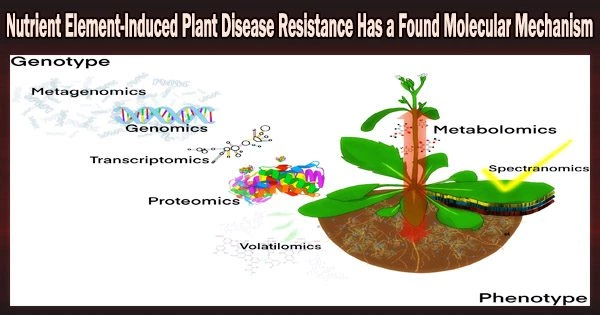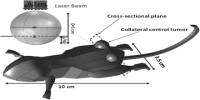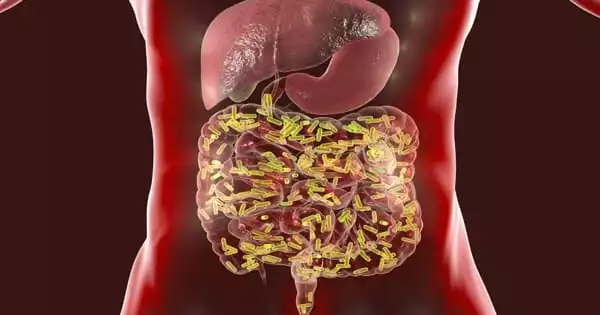Researchers have discovered a molecular mechanism that explains how certain nutrient elements can induce plant disease resistance. The mechanism involves the activation of a class of enzymes called mitogen-activated protein kinases (MAPKs), which play a key role in the plant’s immune response.
Plants need to eat a varied diet to stay healthy and strengthen their immune systems, much like people can’t live on a diet of mainly French fries and brownies. The intake of nutrient elements is essential for the development, growth, and reproduction of plants.
Plant disease resistance has been demonstrated to be induced in some situations by treatment with critical elements, but there hasn’t been much conclusive research on the molecular basis of this treatment.
In one of the few studies to directly investigate the mechanism underlying the effect of essential elements on plant disease resistance, Rupali Gupta of Volcani Institute and colleagues demonstrate that nutrient elements activate immune responses in tomato plants through different defense signaling pathways.
Their study, which was just published in Phytopathology, describes the molecular mechanisms through which potassium, calcium, magnesium, and sodium reduce bacterial and fungal plant illnesses.
The authors show that essential element spray treatment adequately triggers immunological responses in tomatoes, including defense gene expression, cellular permeability, formation of reactive oxygen species, and production of ethylene, which results in disease resistance. Their findings imply that distinct defensive signaling pathways are necessary for the induction of immunity in response to various factors.
This process’ genetic mechanism can be understood to get fresh insights into crop improvement.
Corresponding author Maya Bar comments, “We are excited to probe the molecular basis of this phenomenon, define another facet of induced resistance, and provide data that will assist in applying this principle to agricultural systems in a more purposeful, reproducible manner.”
The principles of mineral nutrient-induced disease resistance that were found in this study can be used to help farmers and producers while defending priceless crops.
On the other hand, when plants are supplied with sufficient amounts of these elements, the MAPKs are activated, leading to a stronger immune response and increased resistance to disease. This discovery may have implications for the development of new strategies to improve plant disease resistance through the use of nutrient elements.
















